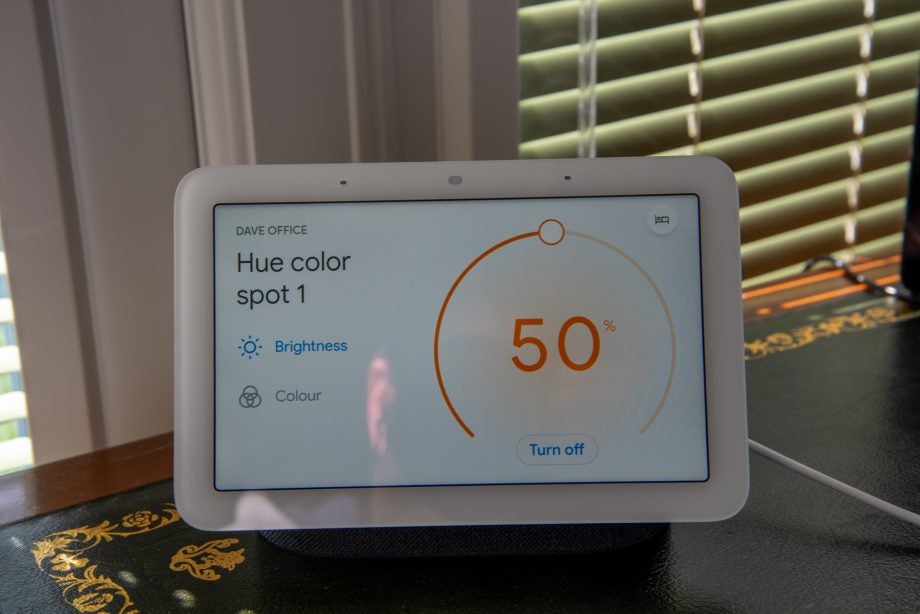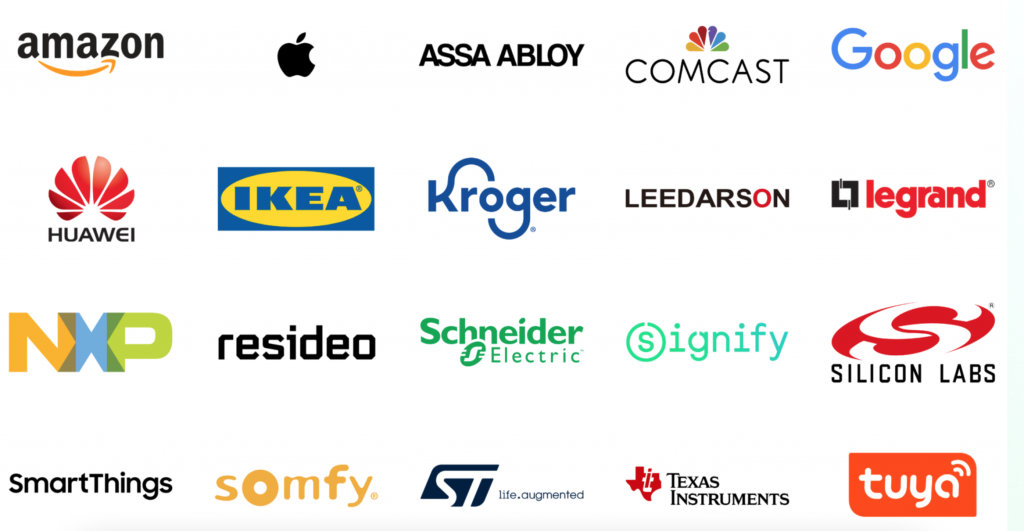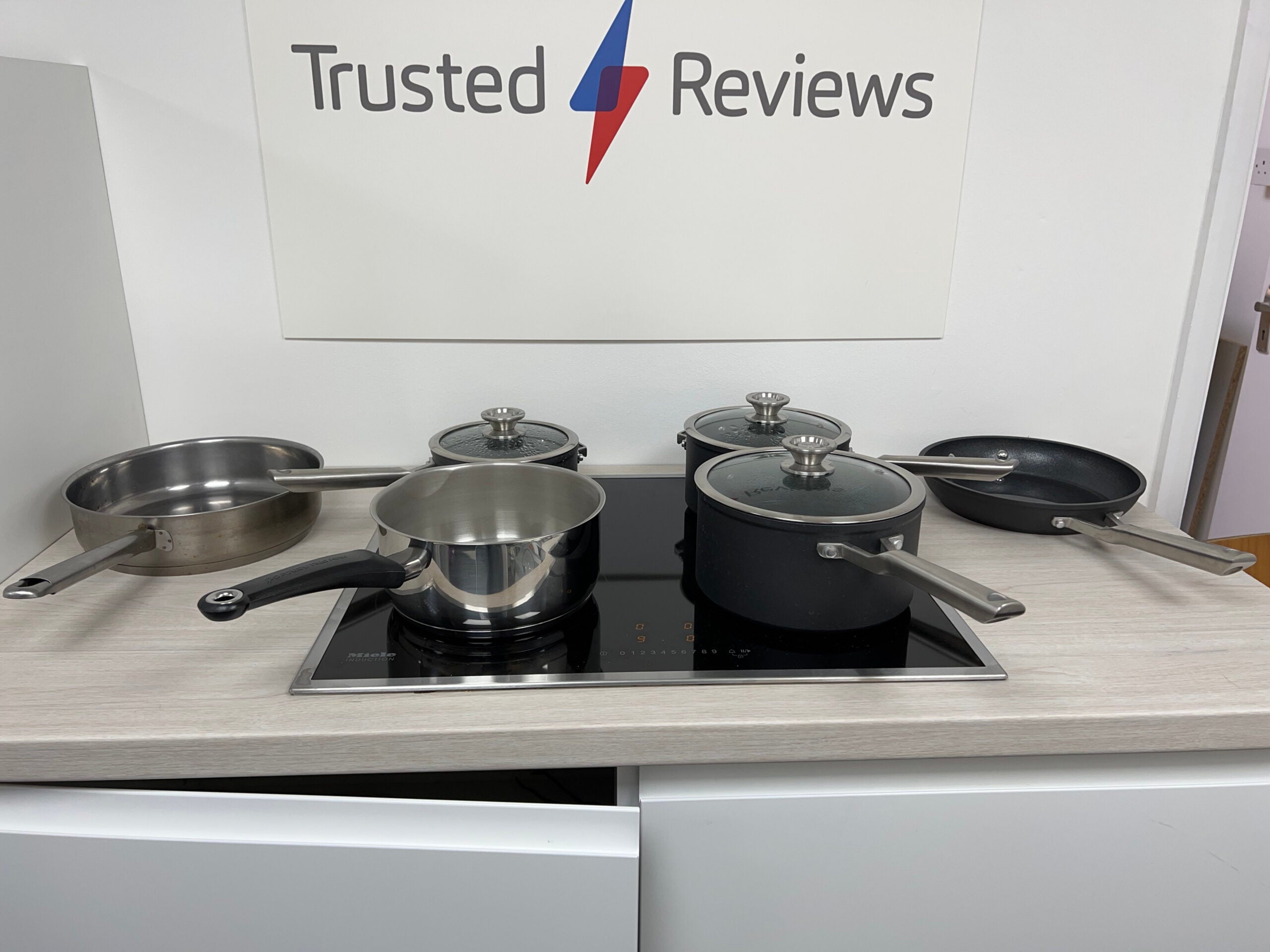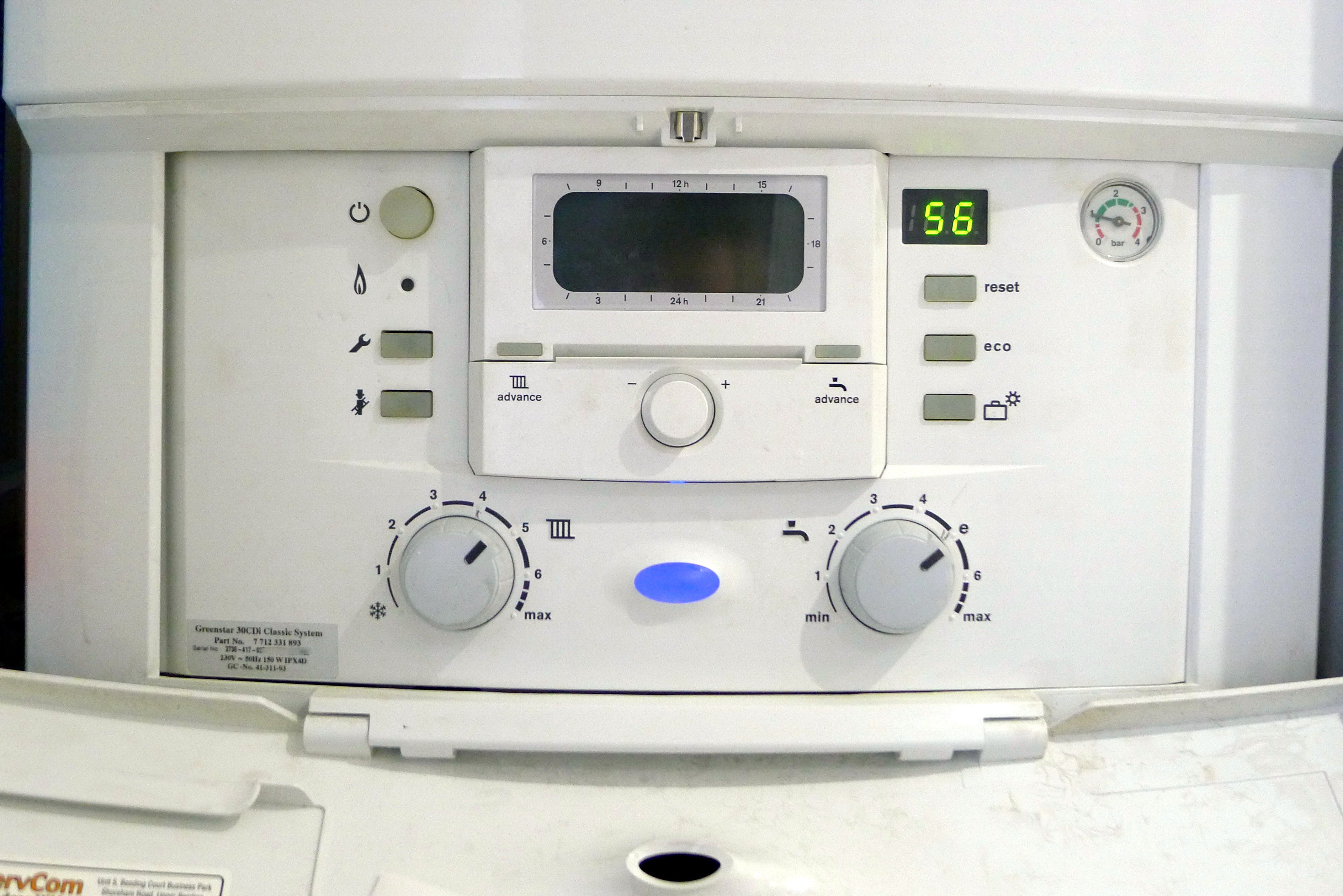What is the Matter? Smart home standard explained

Anyone that owns smart home products from multiple brands will understand how annoying it is when your Amazon smart clock can’t sync up with an Arlo thermostat. This is what Matter aims to fix.
Read on to find out everything you need to know about Matter, including what it is and how it can help you.
What is Matter?
Matter, previously known as Project Connected Home over IP (CHIP), is a connectivity standard that makes it easier for devices to communicate, regardless of the brand of the product.
It’s designed to remove silos and allow one smart home system to connect to another set of products. This means that any product that is Matter certified can be controlled in a way that’s preferable to the user, whether that be through Alexa, Apple HomeKit, Samsung SmartThings or Google Assistant.
Matter defines a communication standard that will run over IP, stating how a device can communicate and be discovered, making the interaction between brands much simpler and more fluid.
Ultimately, it will make it easier for the devices in your home to communicate. If you want your Nest thermostat to turn on when your Ring Alarm turns off, Matter will be able to solve that for you. As time goes on, we imagine that more brands and devices will be supported, with the overall goal of making the ecosystem in your home even smarter and even easier to navigate.
How does Matter communicate?
Matter uses Wi-Fi technology and the Thread mesh network for communicating, as well as using Bluetooth Low Energy for commissioning. However, Zigbee devices should be able to communicate in the future, with the Zigbee Alliance being a part of the Matter group.
This does mean that smart devices will need to support Wi-Fi in order to be supported.
Can you voice control Matter devices?
Yes, to help make Matter more fluid and streamlined, the company has stated that voice control will be supported over services such as Amazon’s Alexa, Apple’s Siri and Google’s Assistant, among others.
Which companies are supported by Matter?
Matter has been developed with the help of some major players, including Amazon, Google, Apple and Samsung, with smaller companies like Wyze, Signify and Eve also playing a key role. All in all, more than 280 brands are associated, with over 190 devices now being certified.
Some of the brands that offer support can be found below.

Which devices are supported by Matter?
During the launch event of Matter, it was revealed that nearly 200 devices are now certified, with the widely used Philips Hue bridge receiving an update to bring support early next year.
Devices such as plugs, lightbulbs, thermostats, home security sensors, clocks and streaming video players can be supported by Matter, meaning that the limits are almost endless as to what can be combined into this ecosystem.
Amazon is bringing support to 17 of its Echo products, which we have listed below.
- Echo (3rd and 4th generation)
- Echo Dot (3rd, 4th and 5th generation, with or without clock)
- Echo Plus (2nd generation)
- Echo Studio
- Echo Show 5 (1st and 2nd generation)
- Echo Show 8 (1st and 2nd generation)
- Echo Show 10 (3rd generation)
- Echo Flex
- Echo Input
We know that the setup options on Android will start rolling out in December, with iOS compatibility coming out early next year.
Moreover, we know that all Google Nest smart speakers and displays, as well as Google Nest Wi-Fi and Google Nest Thermostat, will soon get updates to support Matter, although we don’t have a definitive date yet.
While we can’t yet confirm which other devices will support Matter, we know that it connects via Wi-Fi, Ethernet, or the aforementioned Thread. This means that any existing smart home devices that you own that can support those standards, and has the processing power to support the service itself, may end up supporting the technology through a future software update. You will likely receive an email or notification in the future for any existing products that plan to integrate it.







